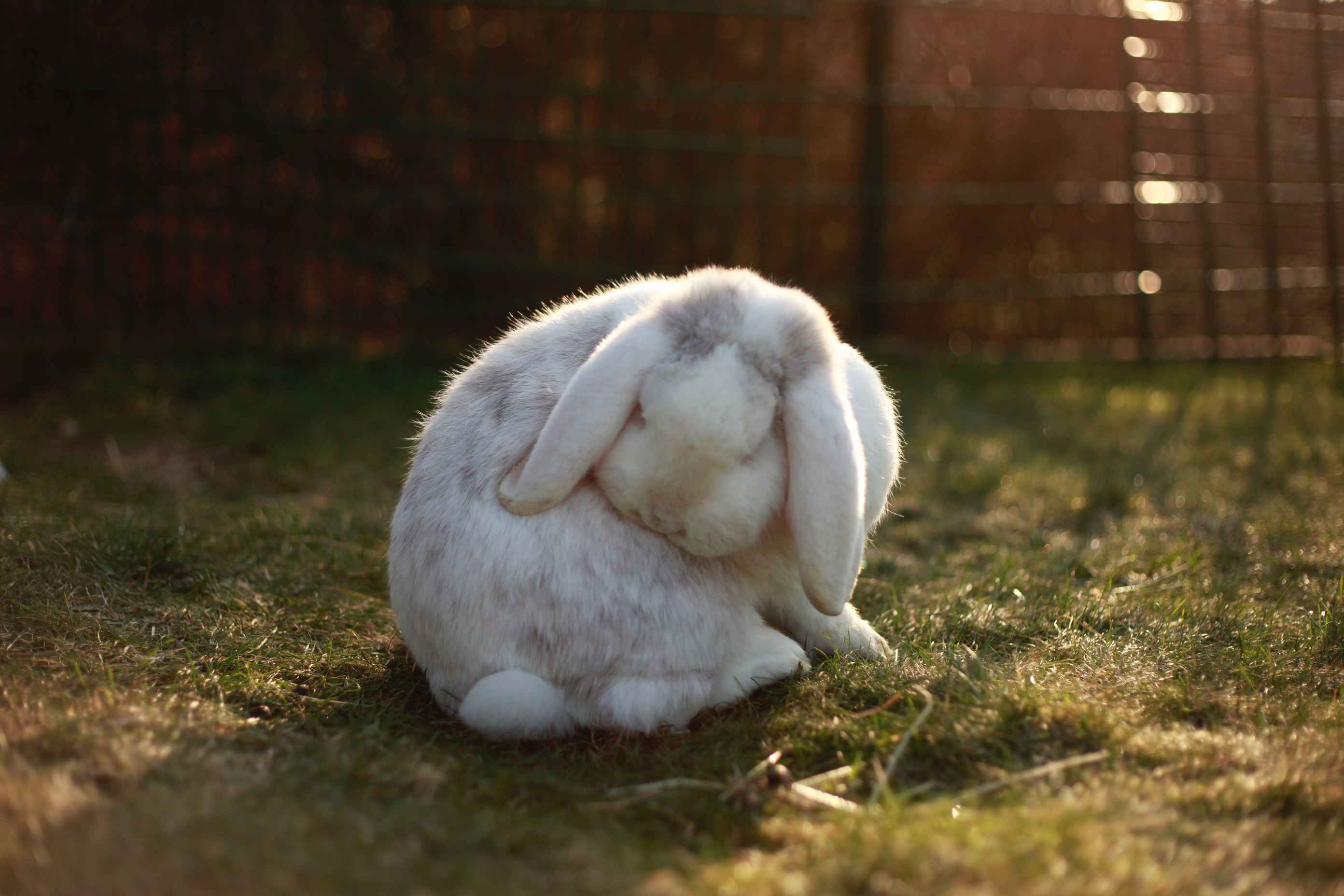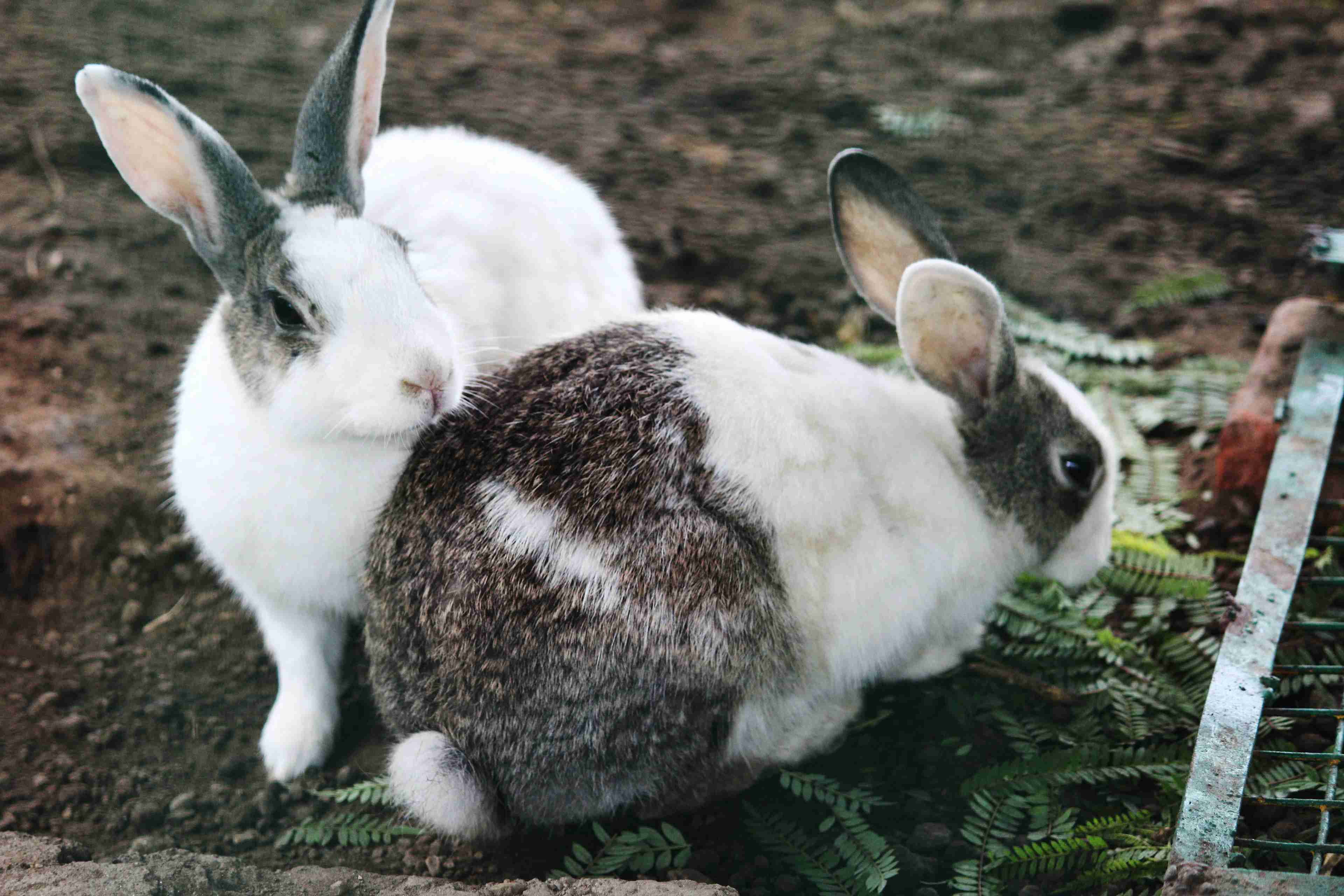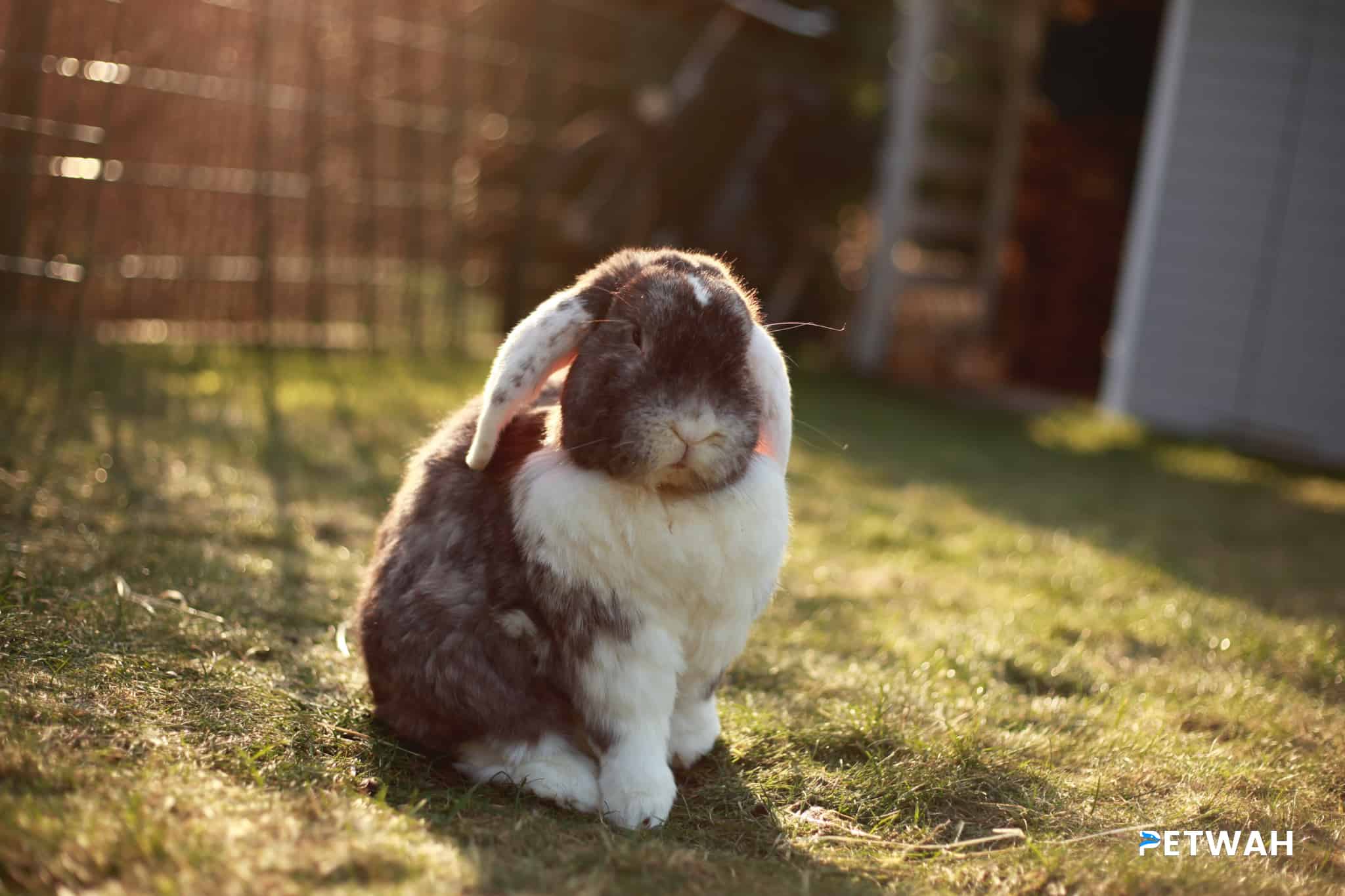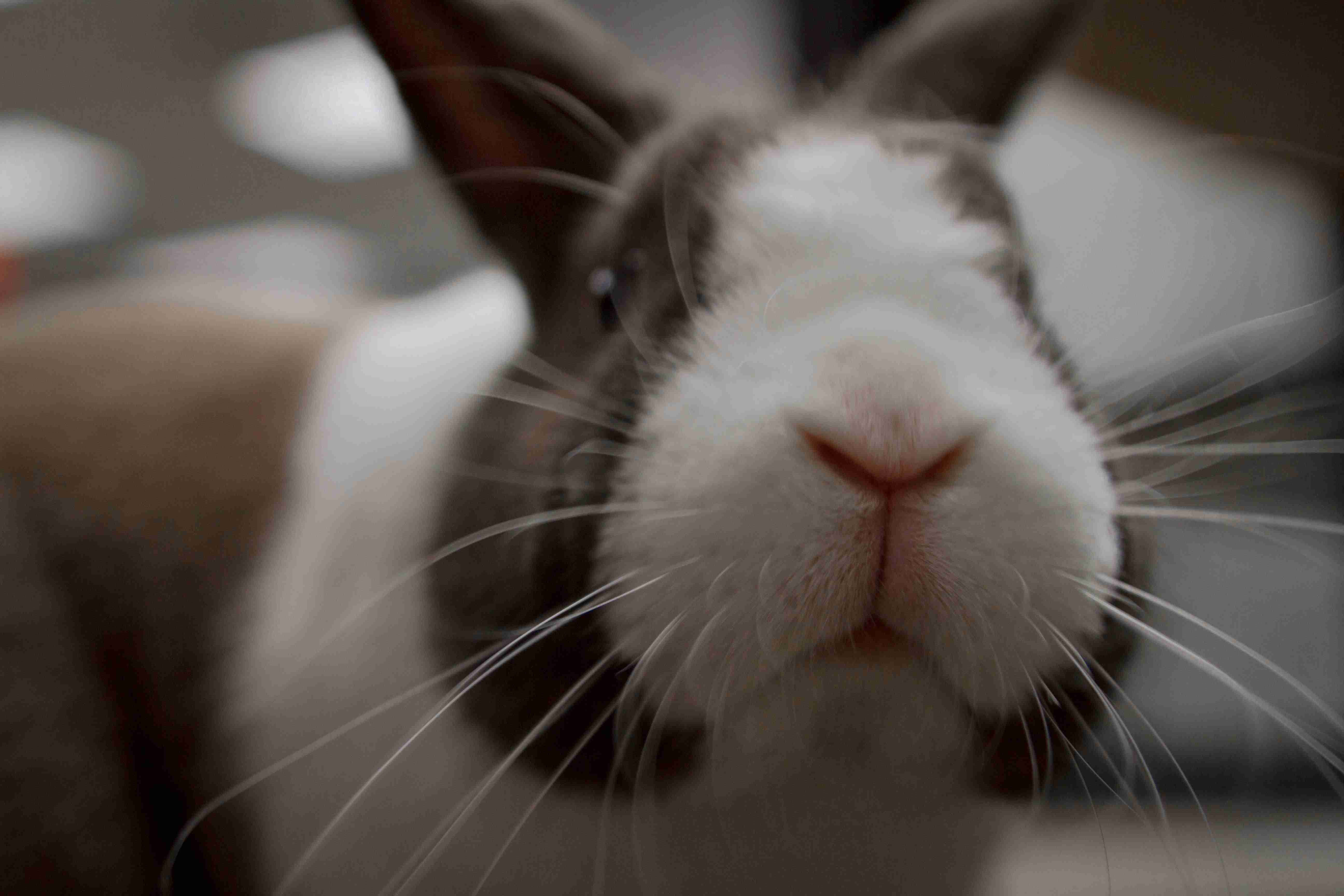As a rabbit owner, you want to ensure that your furry friend is healthy and happy. One of the most important aspects of your rabbit’s health is their dental care. Dental malocclusion, a condition where the teeth do not align properly, can cause significant pain and discomfort for rabbits and, if left untreated, can lead to other health problems. Fortunately, there are several simple steps you can take to prevent your pet rabbit from developing dental malocclusion. In this blog post, we’ll explore five essential tips for keeping your rabbit’s teeth healthy and aligned, so you can enjoy many happy years with your furry friend.
As a rabbit owner, it’s important to be aware of the dental issues that can arise in your furry friend. One of the most common dental problems is malocclusion, which is the misalignment of teeth. This can cause pain, discomfort, and difficulty eating for your rabbit. However, with the right preventative measures, you can help your rabbit avoid this condition. Here are five essential tips for preventing dental malocclusion in pet rabbits.
1. Provide a Proper Diet
One of the most important factors in preventing dental problems in rabbits is their diet. Rabbits need a diet that is high in fiber, such as hay and leafy greens. This helps to wear down their teeth naturally and prevents them from becoming overgrown. It’s also important to avoid giving your rabbit too many sugary treats, as this can lead to tooth decay and other dental problems.
2. Encourage Chewing
Rabbits need to chew to maintain healthy teeth. Providing your rabbit with toys and chew sticks can help encourage them to chew and keep their teeth strong. However, it’s important to avoid giving your rabbit toys that are too hard, as this can actually cause dental damage. Stick to soft, chewable toys that are safe for your pet to chew on.
.jpg)
3. Regular Check-ups
Regular check-ups with a veterinarian who specializes in rabbits can help detect dental problems early on. Your vet can check for signs of malocclusion and provide treatment if necessary. Additionally, they can provide guidance on your rabbit’s diet and offer tips for preventing dental problems.
4. Maintain Good Oral Hygiene
Just like humans, rabbits need good oral hygiene to prevent dental problems. Regularly brushing your rabbit’s teeth can help remove plaque and bacteria that can lead to dental problems. It’s important to use a toothbrush specifically designed for rabbits and to be gentle when brushing. You can also use oral sprays and gels to promote oral hygiene.
5. Monitor Your Rabbit’s Behavior
Finally, it’s important to monitor your rabbit’s behavior for signs of dental problems. If your rabbit is having difficulty eating, drooling, or has a decreased appetite, this could be a sign of dental issues. Additionally, if you notice your rabbit grinding their teeth or pawing at their mouth, this could indicate dental pain. If you notice any of these signs, it’s important to seek veterinary care immediately.
Overall, preventing dental malocclusion in pet rabbits is crucial for their overall health and well-being. By providing a proper diet, encouraging chewing, regular check-ups, maintaining good oral hygiene, and monitoring your rabbit’s behavior, you can help ensure that your furry friend has healthy teeth and a happy life.
By following the tips outlined in this article, you can help prevent your pet rabbit from developing dental malocclusion, a painful and potentially life-threatening condition. Remember to provide a healthy and balanced diet, plenty of chew toys, regular dental check-ups, and be aware of any signs of dental issues. With proper care and attention, you can ensure your furry friend has a happy and healthy life free from dental problems. Your rabbit will thank you for it!


.jpg)



.jpg)
.jpg)
